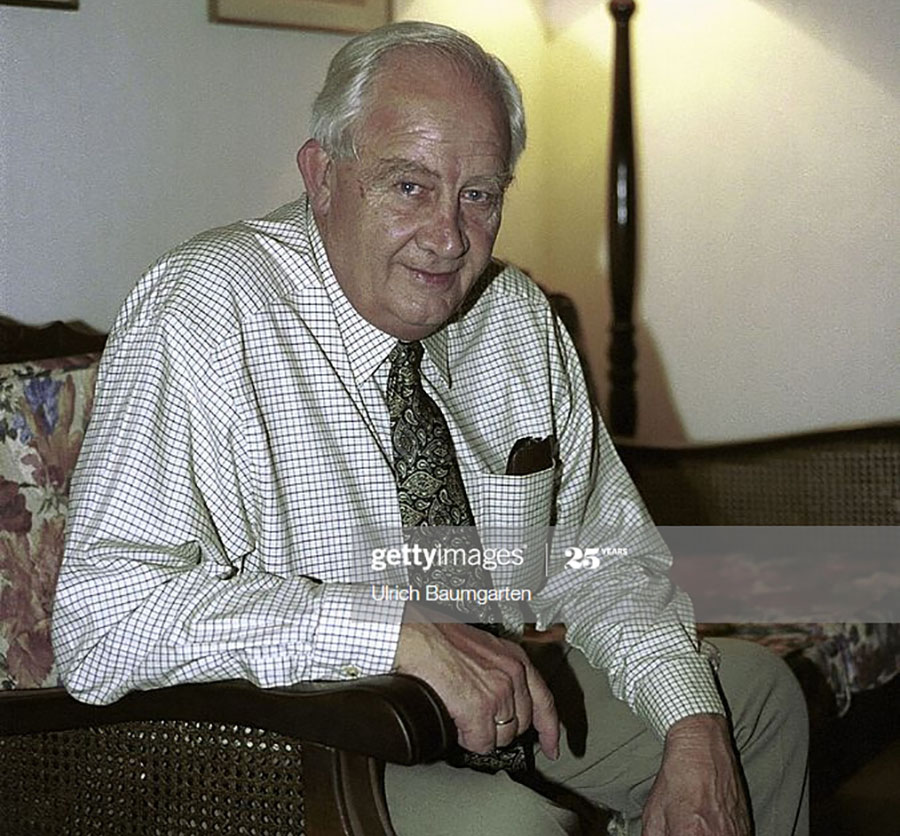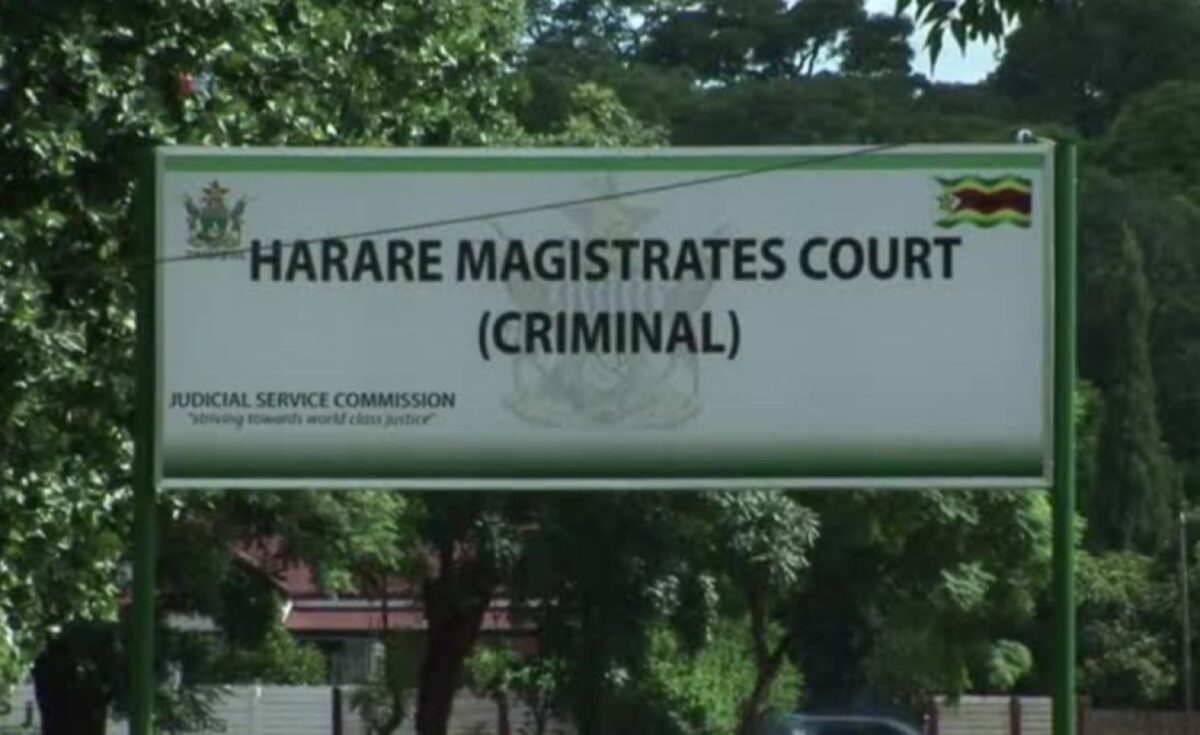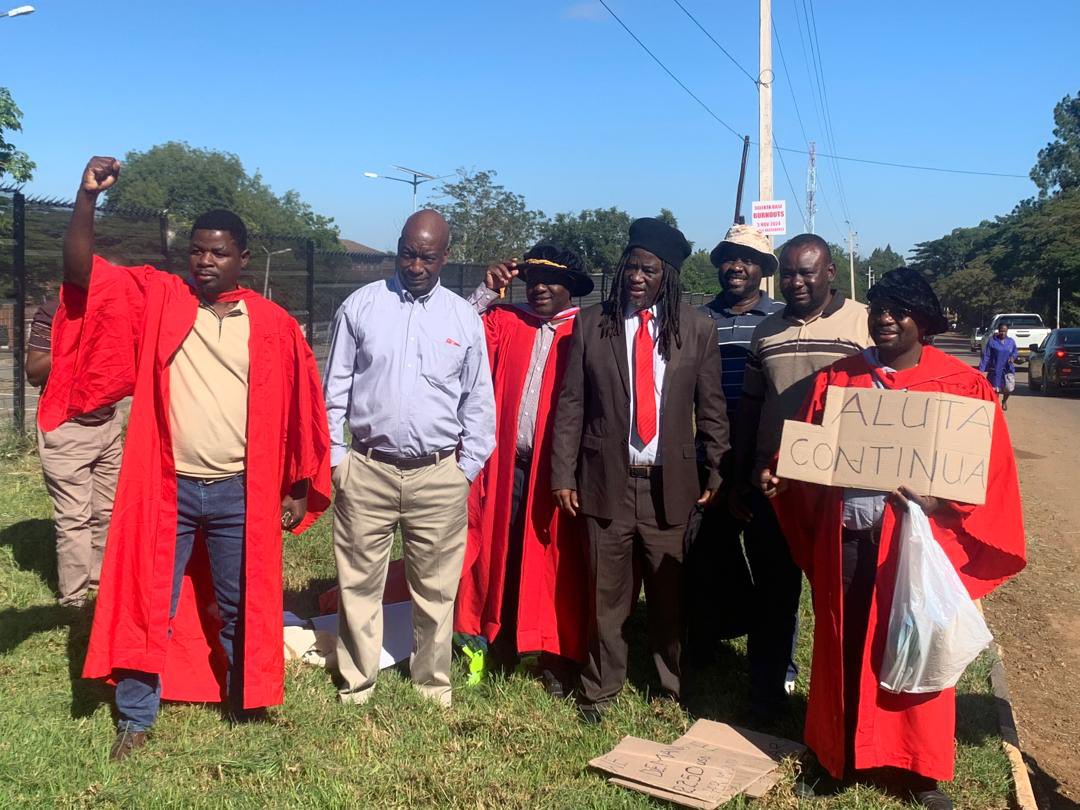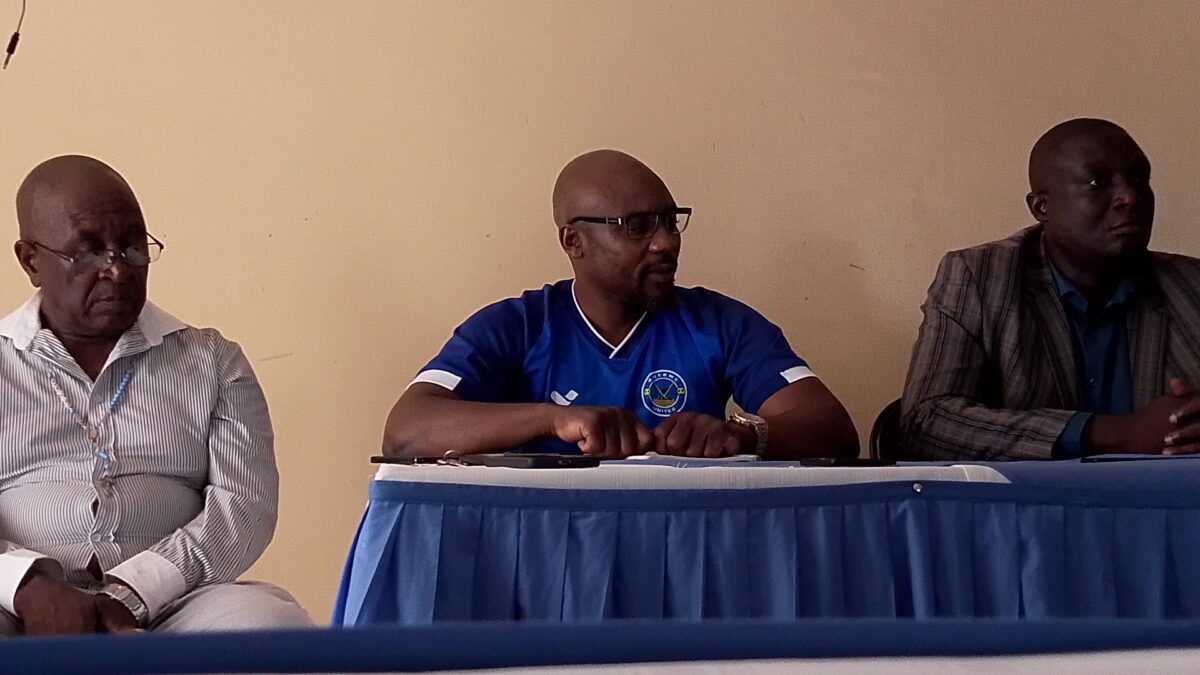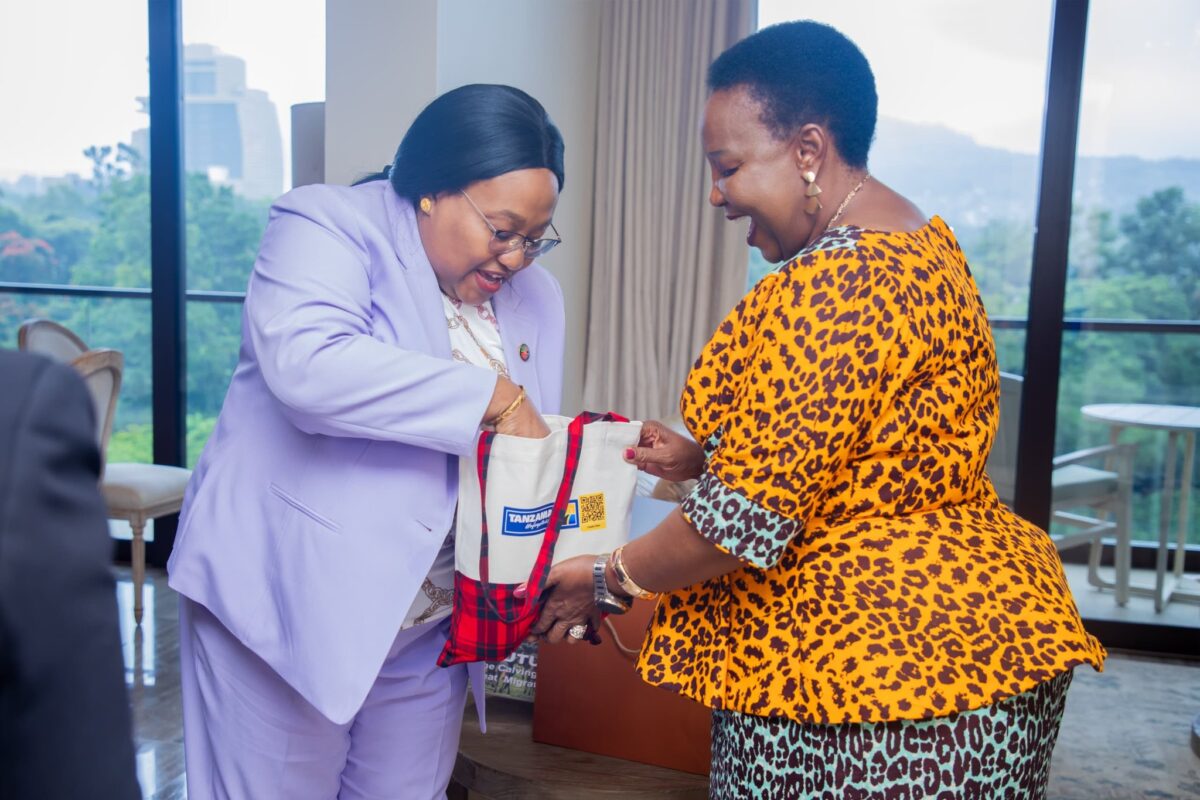BULAWAYO – Former Movement for Democratic Change MP and human rights campaigner Mike Auret died in the Republic of Ireland on Good Friday, his family said.
He was 83.
His death sparked a stream of tributes, with many reflecting on his role as a human rights defender who as part of the Catholic Commission for Justice and Peace from 1978 to 1999 fought hard for the rights of ordinary Zimbabweans.
“We shared trenches in the struggle in the National Constitutional Assembly in 1999 before Mike was elected as MDC MP for Harare Central in 2000,” MDC leader Nelson Chamisa wrote on Twitter.
He described Auret as a “consistent gallant fighter, an indefatigable defender of human rights, a great guy and our hero.”
Bulawayo lawyer and former MDC MP David Coltart, who worked with Auret in the Catholic Commission which documented the Matabeleland massacres in the early 1980s, said: “Mike’s work in promoting human rights in both Rhodesia and Zimbabwe was unparalleled. If ever there was a true Zimbabwean hero, it was Mike.”
Human rights lawyer Siphosami Malunga said Auret “relentlessly fought but failed to stop the genocide of 20,000 innocent civilians in Matabeleland”, adding: “He was my hero.”
Michael Auret Junior, his son, paid a moving tribute to his father, describing him as “a light that shone so brightly with the humility and gentleness of the Saints he so faithfully followed.”
His father would have been a Catholic priest had he not met his mother, to whom he was married for 63 years, he said.
“While our hearts are torn asunder as we face the devastation of his leaving, we celebrate a life lived with such great compassion, activism, meaning, wisdom and above all – with such great love. Dad was never just ours. We shared him with the Zimbabwe he so loved and fought all his life for, and ultimately with all those whose lives he touched and raised up through the power of his love,” his son added.
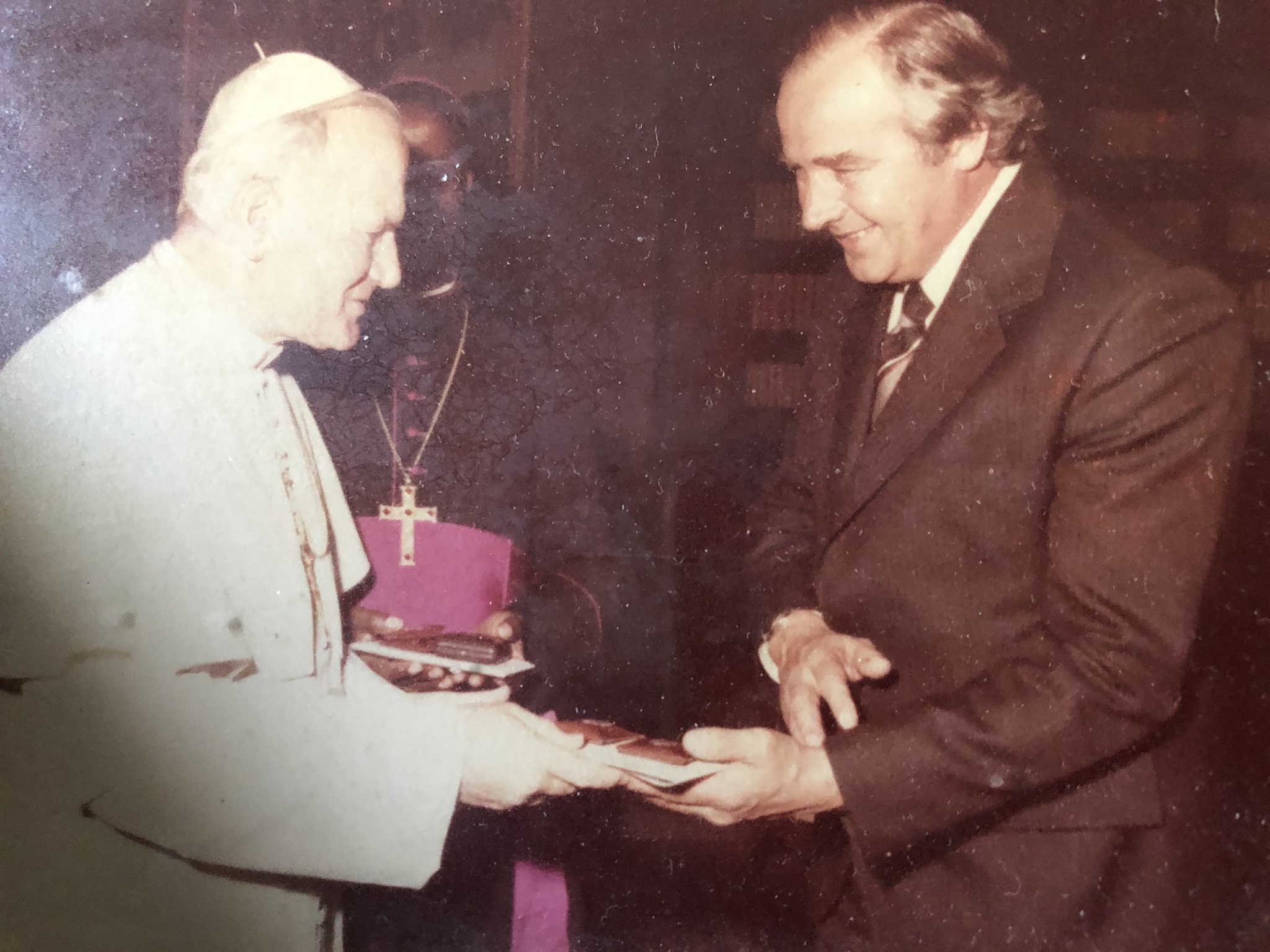
Auret Junior said while on a CCJP trip to Rome to discuss peace efforts with Pope John Paul, his father was called up to the Rhodesian army, but knowing he could not fight for the racist white minority regime, he arranged for his family to leave the country as refugees. He led them from Rome, through Switzerland and finally to England.
Returning to Zimbabwe at Independence in 1980, he threw himself into rebuilding the country with the church, crucially working through the CCJP to catalogue the Gukurahundi massacres which led to the release of the report: “Breaking the Silence: Building True Peace.”

